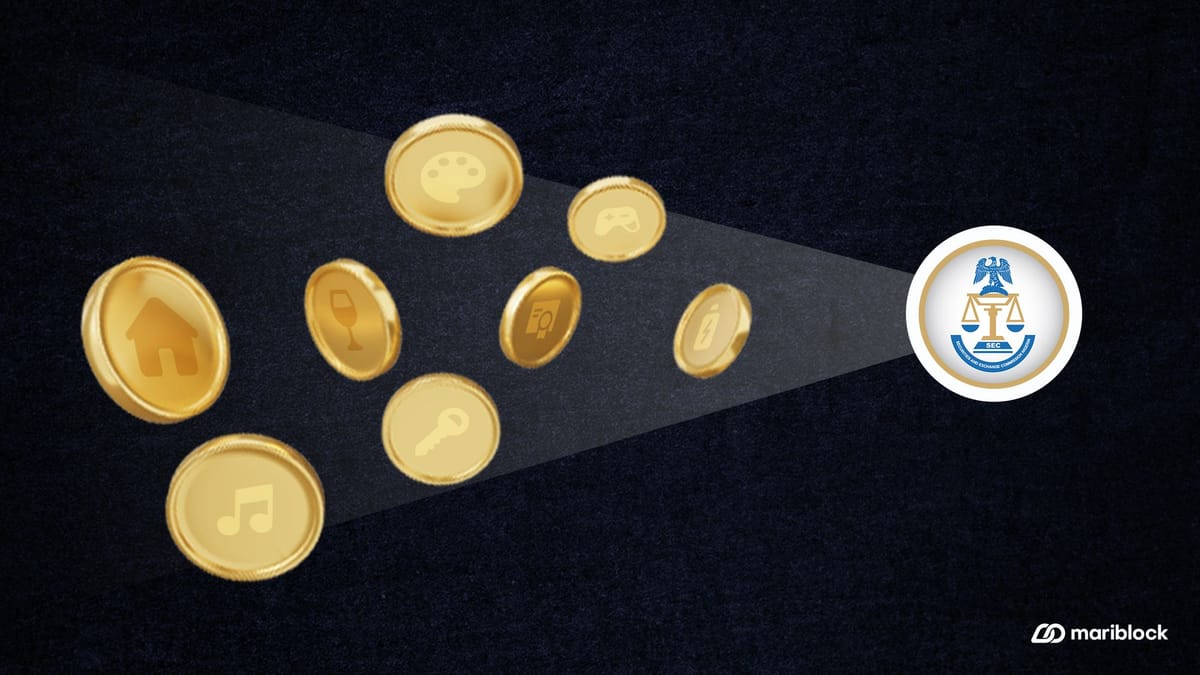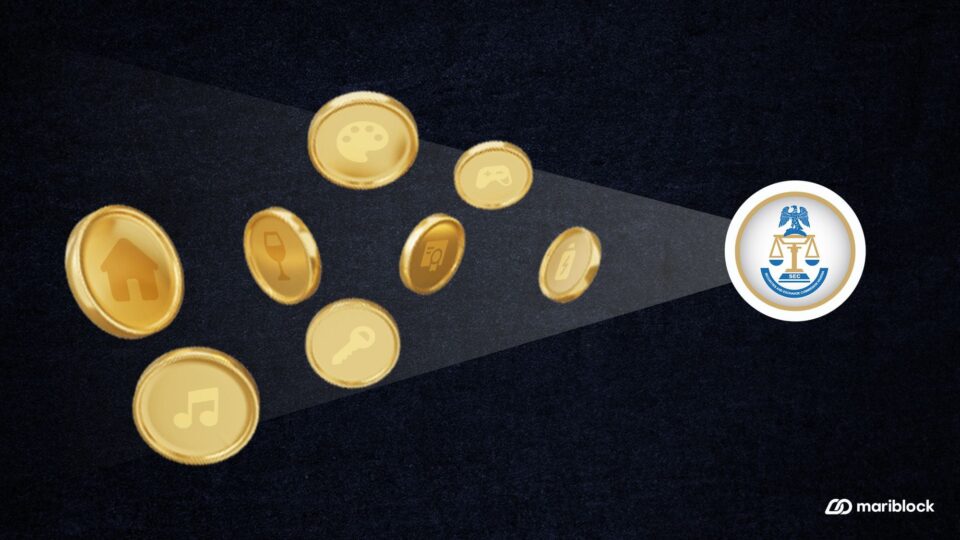Since it granted temporary approvals to Quidax and Busha last year, the agency has hesitated to grant licenses to more crypto firms.

The director general of Nigeria’s Securities and Exchange Commission (SEC) Emomotimi Agama has said that the regulator is delaying the issuance of licenses to more cryptocurrency firms.
According to Agama, the SEC needs to do some more research on its end before it grants new licenses.
Key background
- Last year, the SEC asked virtual assets service providers (VASPs) in the country to register under its regulatory sandbox, the Accelerated Regulatory Incubation Program (ARIP).
- This was a means to fast-track the onboarding process for crypto firms by granting them interim approval through ARIP until virtual assets regulations go live in the country.
- Weeks later, it granted approvals-in-principle to two digital assets exchanges — Busha and Quidax— but has not granted any further licenses since.
The details
- While speaking at a virtual meeting with fintech stakeholders last Monday, Agama said the SEC had been working in the background to admit new applicants into the sandbox since Busha and Quidax.
- However, it sees the necessity to carry out more ‘due diligence’ to address unspecified issues that arose from the first batch of licensing approvals before issuing new ones.
- While he apologized for the delay, he said the agency’s hesitation has become necessary and unavoidable.
- He added that the SEC is collaborating with other regulators in Nigeria’s finance space during the approval process.
- Since the SEC has no control over the speed of these partner agencies in delivering their own end of the assignment, it has no choice but to delay, the DG said.
Key quotes
- Agama said:
“I must apologize to people or individuals, and companies that have applied ever since before the issuance of the provisional licenses and up to this point … Out of those first provisional licenses, we have observed some very important issues which we need to take care of.”
- He added:
“We have observed that some additional level of due diligence, what I call a level three due diligence, needs to happen before we can come out with the next provisional licenses”
Zoom out
- After years of distancing itself from digital assets, the Nigerian government is now working to put regulations in place, efforts which have ramped up since Agama assumed office.
- In late 2023, the Central Bank of Nigeria permitted banks to open accounts for and serve crypto companies which had otherwise been banned up till that point.
- However, the country appeared to walk back on a seemingly budding friendliness towards digital assets.
- Last year, authorities began a clampdown on peer-to-peer exchanges which it blamed for being responsible for the naira’s rapid devaluation.
- The Nigerian government is still caught up in a legal battle with the global exchange Binance which was right at the middle of its P2P clampdown efforts.
- In a move that portends a better future for virtual assets, Nigeria’s president, Bola Tinubu last month signed into law a bill to recognize cryptocurrencies as securities in the country.
